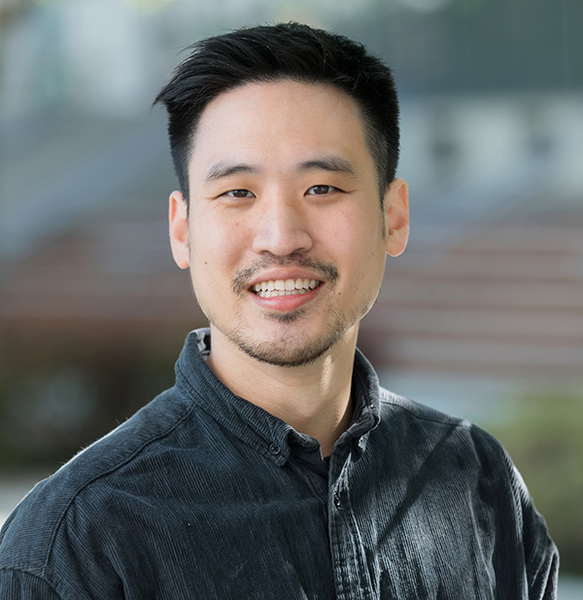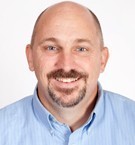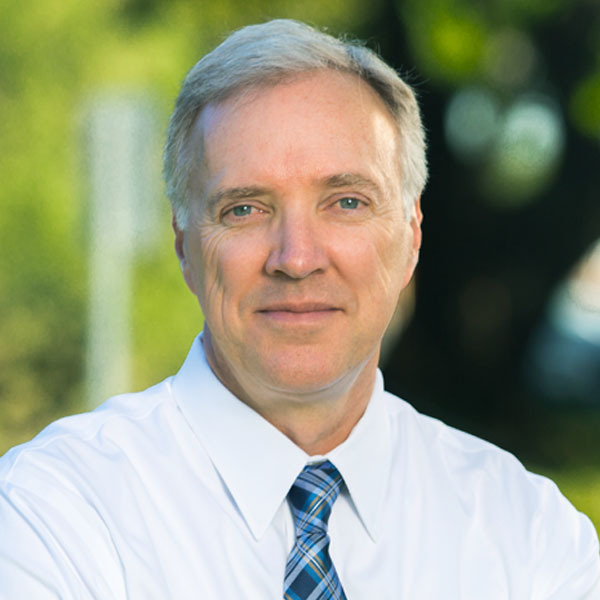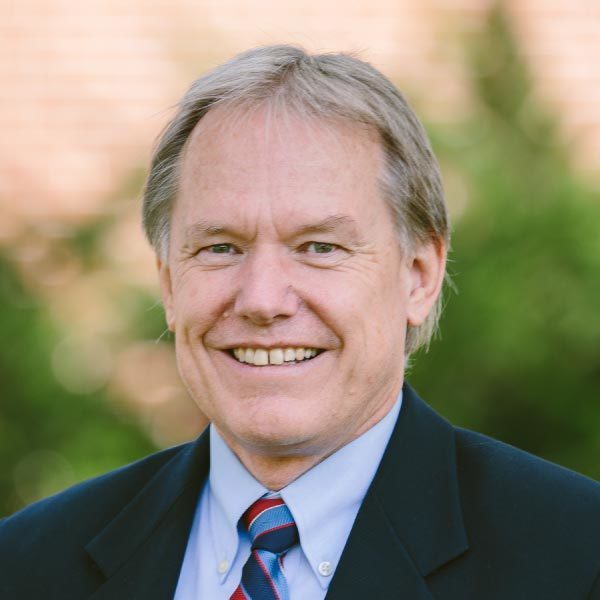Master of Divinity (Pastoral Care and Counseling)
Overview
The Master of Divinity with a concentration in Pastoral Care and Counseling prepares you to minister in areas such as biblical counseling, conflict resolution, crisis management and grief counseling, as well as how to develop care teams and lay counselors.
Through this program, you will be equipped to meet people’s needs through practical training in caring and counseling, undergirded by the Master of Divinity’s rigorous biblical and theological education. You’ll learn how to wisely and ethically care for people dealing with common pastoral needs, including spiritual wounds, emotional pain, family challenges and mental illnesses, and develop a sense of when to refer individuals to professional help.
- Gain a Broad Seminary Education with A Focus on Pastoral Care and Counseling. At Talbot, you will receive a broad biblical and theological education from leading Talbot professors, many of whom also serve as pastors and elders in their local churches. This degree integrates biblical wisdom, psychological research and insights from faculty with experience in both clinical and pastoral counseling. Courses include training in marriage and family counseling, chaplaincy and understanding individuals dealing with guilt and shame.
- Be Equipped to Minister With Care and Compassion. Part of your calling as a pastor is to care for the spiritual needs of the people in your church. This degree prepares you both to minister to them directly and to provide guidance to others who are serving alongside you. You will gain specialized knowledge and fundamental skills to serve and care for those who come through your ministry’s doors — including empathic listening skills, personal awareness and how to walk with others through significant spiritual and emotional needs.
- Be Aware of Mental Health Issues and the Spectrum of Care Needed. In ministry, you will encounter people dealing with various issues — such as depression, anxiety, the grief of losing a loved one, or a couple grappling with infertility. This concentration will develop your understanding of various mental health issues, the role of medication and its effects, and how to serve as a triage for individuals seeking help. Be prepared to find the right resources and to know your limitations, or when it is appropriate to recommend professional help to those under your care.
- Preach with Relevance and Sensitivity to People’s Aching Needs. The Master of Divinity trains and prepares you to effectively teach God’s Word to your congregation. A focus on pastoral care and counseling complements your role as a teacher as it heightens your awareness of people’s emotional and spiritual needs. Prepare to impact the lives of your listeners as you craft sermons that deeply resonate with issues in their everyday lives.
- Ready Yourself through Practical Ministry Preparation. Talbot’s internship requirement for this concentration will progressively prepare you to step into your calling to ministry. First, you will learn about various ministries, then shadow and observe experienced practitioners and eventually practice facilitating care with reflective support from colleagues. Your preparation to serve as a specialist in pastoral care and counseling will be furthered by the training you will receive from courses in spiritual formation.
For more reasons to choose Talbot School of Theology for your education, see the Why Talbot? page.




